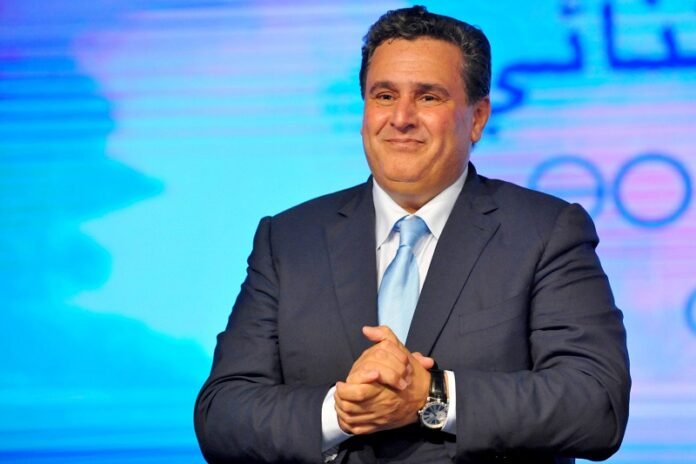From Youssoufi to Akhannouch: How Have Moroccan Views on Prime Ministers Changed Over 25 Years?
In a recent survey conducted by the “Al-Sahifa” website, 75% of participants indicated that Aziz Akhannouch is considered the worst Prime Minister over the 25 years of King Mohammed VI’s reign. This conclusion raises several questions about the reasons and motivations behind such a significant portion of participants voting against the current Prime Minister.
Discontent with Akhannouch’s Government: Roots and Reasons
It is clear that there is significant dissatisfaction with the 8 September government led by Aziz Akhannouch. The social and economic issues that were expected to be prioritized under his leadership have not been managed in a way that satisfies the citizens. Is this due to a lack of competence in addressing social and economic issues, or are there larger challenges beyond the government’s control?
Akhannouch, who described himself as a “competence” Prime Minister, found himself in an unenviable position when the survey showed that he is the least popular among the Prime Ministers who have held the position over the past 25 years of King Mohammed VI’s reign. This raises the question: Is the reason behind this due to his management of economic and social issues, or did excessive expectations of his government contribute to the inflated disappointment?
Comparing Prime Ministers: Benkirane and El-Othmani vs. Akhannouch
The survey placed Abdelilah Benkirane in the second position as the worst Prime Minister with 16% of the participants. Benkirane, who was appointed Prime Minister after the “Arab Spring” wave, faced significant challenges in implementing expected reforms. However, he faced many criticisms, especially regarding his alleged abandonment of his constitutional powers. Was Benkirane truly incapable of achieving the needed reforms, or were the political circumstances at the time a hindrance to his success?
Interestingly, Saadeddine El-Othmani, who succeeded Benkirane as Prime Minister and Secretary-General of the Justice and Development Party, was ranked third with 4% of the votes. El-Othmani led the government during a period marked by major challenges, including the “COVID-19” pandemic. Was El-Othmani able to overcome those challenges better, or were the circumstances the country faced beyond his capabilities?
Returning to Previous Governments: Fassi, Youssoufi, and Jettou Under Review
In the fourth position was the Istiqlal party’s Abbas El-Fassi, followed by the Socialist Union’s Abdelrahman Youssoufi in the fifth position. Notably, Youssoufi’s tenure was associated with an important transitional period in Morocco, where he led the government during the consensual alternation. Did the participants’ evaluations reflect only the government’s performance, or were they influenced by the historical and political context of that period?
As for Idriss Jettou, who was appointed Prime Minister in 2002 from outside political parties, he was ranked last as the least negative Prime Minister according to participants. Despite the political challenges during Jettou’s tenure, his classification raises questions about how participants evaluate governmental performance in the context of the complexities of the era.
Conclusions and Open Questions
The results of this survey largely reflect public dissatisfaction with the performance of some Prime Ministers, notably Aziz Akhannouch. However, the questions remain: Does this dissatisfaction accurately reflect the actual performance of governments, or is it the result of unrealistic expectations from citizens? How can the current government benefit from these results to improve its performance and regain public trust?
It is essential to address these questions and seek answers that contribute to a deeper understanding of governance dynamics in Morocco and how to improve governmental performance to meet citizens’ expectations.


